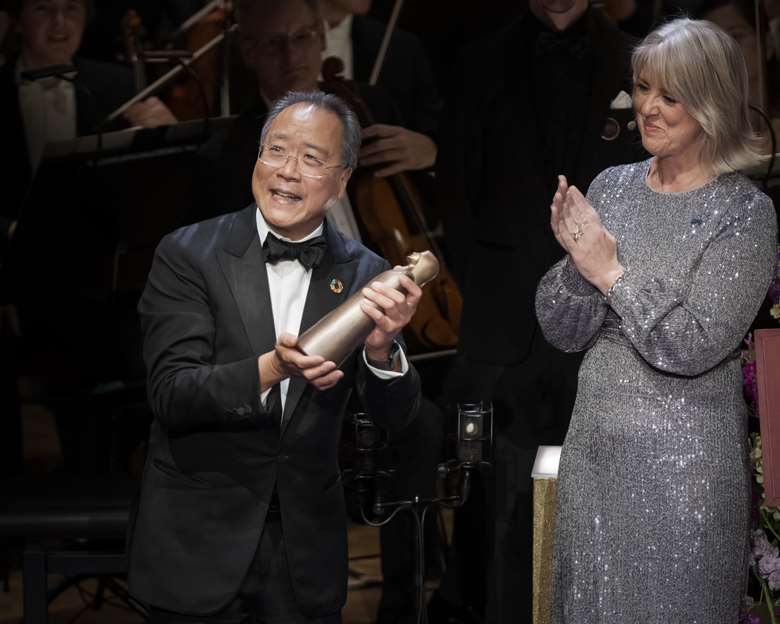The Long View | Making rich musicians richer
Andrew Mellor
Thursday, November 10, 2022
While some classical artists are still driving übers and stacking shelves, we’re foisting more and more money upon their wealthiest colleagues


Register now to continue reading
Don’t miss out on our dedicated coverage of the classical music world. Register today to enjoy the following benefits:
- Unlimited access to news pages
- Free weekly email newsletter
- Free access to two subscriber-only articles per month



